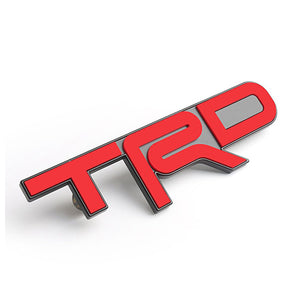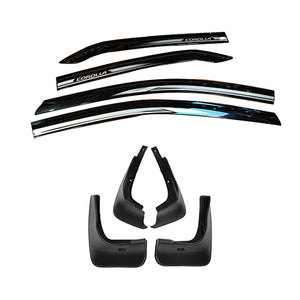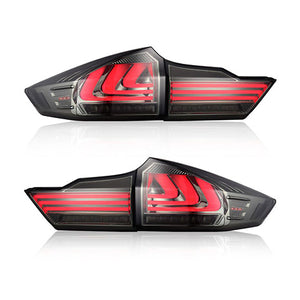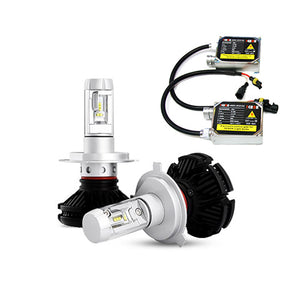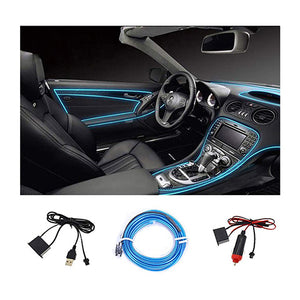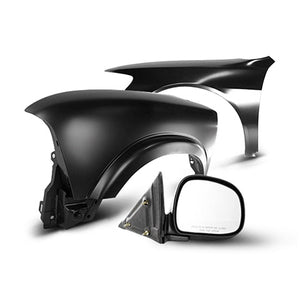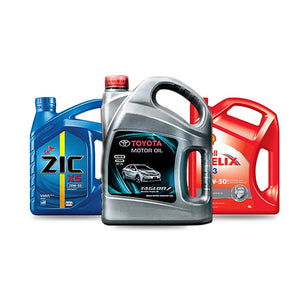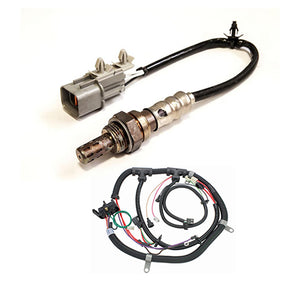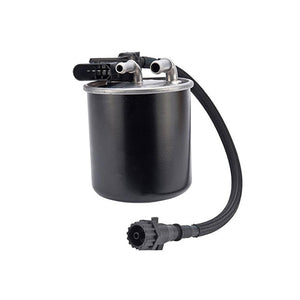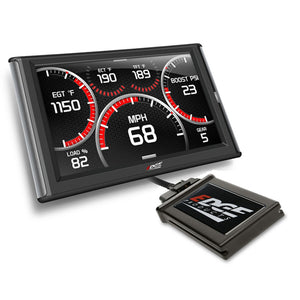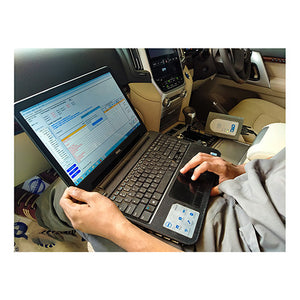Introduction:
Electric vehicles (EVs) are the future of transportation, and Pakistan is no exception. With a rapidly growing population, increasing urbanisation, and rising air pollution levels, the need for clean and sustainable transport has become more urgent than ever. In response, the Pakistani government has launched its EV policy, aimed at promoting the adoption of EVs in the country.

However, like any policy, the EV policy in Pakistan comes with its own set of challenges, from infrastructure to affordability. In this comprehensive guide, we'll take a closer look at the EV policy in Pakistan, its goals, challenges, and the initiatives taken by the government to promote a greener and more sustainable future for the country.
The EV Policy in Pakistan: An Overview
The EV policy in Pakistan, launched in 2019, is a comprehensive framework aimed at promoting the adoption of EVs in the country. The policy is part of the government's broader vision to transition to a more sustainable and low-carbon economy, and is guided by the following objectives:
- To reduce carbon emissions and improve air quality in the country.
- To reduce the reliance on fossil fuels and promote the use of renewable energy sources.
- To create a local EV industry, generate employment opportunities and boost economic growth.
- To reduce the country's oil import bill and improve energy security.
Incentives for EV Buyers and Manufacturers

To encourage the adoption of EVs in the country, the Pakistani government has announced a range of incentives for both buyers and manufacturers of EVs. These include:
- Tax exemptions for EV manufacturers, as well as import duty exemptions for EV parts and components.
- Reduced registration fees for EVs.
- Waiver of annual token tax for EVs for the first three years.
- Access to low-interest loans and financing for EV buyers.
- Reduced electricity tariffs for EV charging stations.
Challenges to the EV Policy in Pakistan
While the EV policy in Pakistan is a step in the right direction, it faces several challenges that need to be addressed in order to achieve its objectives. These challenges include:
- Lack of EV infrastructure, such as charging stations, battery swapping facilities, and EV service centers.
- High upfront costs of EVs, which makes them unaffordable for most consumers.
- Limited availability of EV models in the country.
- Low awareness and understanding of EVs among consumers, which hinders their adoption.
The Road Ahead: Future Plans and Prospects

To overcome these challenges, the Pakistani government has announced several measures to promote the adoption of EVs in the country. These include:
- Development of EV infrastructure, including the installation of EV charging stations and battery swapping facilities across the country.
- Establishment of EV manufacturing units in the country to reduce the cost of EVs and create employment opportunities.
- Introduction of low-cost EV models in the country to make them more affordable for consumers.
- Awareness campaigns and educational programs to educate consumers about the benefits of EVs and how to use them.
FAQs:
Q: Are there any EV manufacturers in Pakistan?
A: Yes, several local and foreign companies have announced plans to set up EV manufacturing units in the country.
Q: Are there any subsidies for EV buyers in Pakistan?
A: Yes, the government has announced a range of incentives, including tax exemptions and reduced registration fees, to encourage the adoption of EVs in the country.
Conclusion:

The EV policy in Pakistan is a significant step towards a greener and more sustainable future for the country. While there are challenges to overcome, the government's initiatives and incentives for both EV manufacturers and buyers are encouraging. With the development of EV infrastructure, the introduction of low-cost EV models, and awareness campaigns, the adoption of EVs in Pakistan can accelerate. This not only leads to a cleaner environment but also creates new employment opportunities and boosts economic growth. As a responsible citizen, it's important to support the EV policy in Pakistan and play our part in building a better future for ourselves and generations to come.












